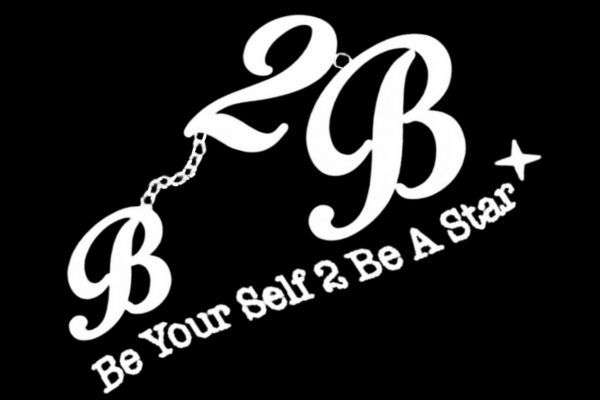Be2Be Community
Welcome to the Be2Be Training Community!
The Be2Be Community is dedicated to fostering growth and learning in life coaching, personal training, and professional development. Whether you’re new to the field or a seasoned professional, this community is designed to help you enhance your skills, find support, and access resources that will enable you to excel. Our members contribute through sharing their expertise, answering questions, and participating in discussions. Together, we create a supportive space for everyone to thrive.
Articles & Insights







Welcome to the Be2Be Institute for Multiversal Training and Learning YouTube channel! Here, we are redefining the future of education by integrating artificial intelligence to transform the way you engage with the world. Our mission is to help you develop a fulfilled identity—spiritually, mentally, socially, and globally.
Videos
Be2Be History
The Hidden
Workshops
Virtual Training
Self Paced
Consulting
Need Help?
Our team is here to guide you through every step of your learning journey. Whether you have questions about our services, need assistance choosing the right course, or require personalized support, we’re ready to help!
Join our community
Respect, cooperation and mutual support are part of everything we do. When we work together, we reach greater heights than we ever imagined.











